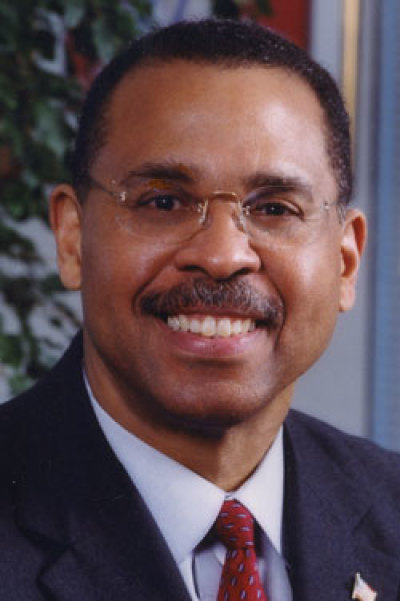Republican Party Is No Longer the Party of Business? Great!

Billionaire and former New York Mayor Michael Bloomberg recently complained to a Wall Street gathering that "the Republican Party is no longer the party of business." He predicted that union members, not corporate executives, would be voting GOP this fall.
This is a problem?
Many union members vote Republican. They were the core of the "Reagan Democrats." Working people need a growing economy with increasing opportunity. Of course they should vote GOP.
Bloomberg's remarks help explain the rise of both Bernie Sanders and Donald Trump. Average people increasingly believe the current system to be rigged against them. Washington is far more responsive to well-heeled elites than the middle class and working people.
Of course, politics always has meant attempting to take advantage of one's fellow citizens. It was that way in ancient times. It was that way in colonial Great Britain. And it is that way in America today.
Business, especially big business, always had an advantage in influencing government. It certainly has been that way in Washington. Even so celebrated a founder as Alexander Hamilton pushed policies which benefited the financial interests of his day.
Over the years many people, including leading Republican politicians, confused being pro-business with supporting free enterprise. That led to all sorts of corporate welfare, including financial subsidies, trade protectionism, and regulatory preferences. Some influential firms gained, but everyone else — competitors, consumers, workers, and taxpayers — lost.
These excesses were reflected in the massive bank and Wall Street bail-outs of 2008. The free enterprise system requires that firms be responsible both for profits and losses. But Washington decided that a few lucky businesses could keep their winnings while tossing their losses into the laps of taxpayers. Washington ensured that being a failed businessman meant never having to say you were sorry to those who suffered as a result.
Unfortunately, nothing has changed. Last year Republicans joined with Democrats to revive the Export-Import Bank, long called "Boeing's Bank" because of its lavish subsidies for the aircraft maker. Taxpayers make cheap loans to corporate behemoths, channeling money away from other enterprises with fewer lobbyists.
Republicans who talked about free enterprise joined with Democrats who spoke of the poor to provide aid to dependent corporations. Professionals, the middle class, taxpayers, and union members all were equally left out.
No wonder the American people are so frustrated. The system delivers, but not for the people paying most of the bills.
Bloomberg also complained that Republicans turned social issues into political issues, which he believed alienated his Wall Street audience. But most people in business, like most union members, care what their kids are taught, worry about the strength of their community, believe moral values are important, and want to live out their faiths. So does most everyone else.
Leftwing Democrats, not conservative Republicans, have turned social questions into political issues by attempting to impose a modern liberal orthodoxy on everyone. Entrepreneurs and executives should reject Democratic plans for social engineering.
Of course, even some GOP politicians have become skittish about standing for principle. From the freedom to not participate in a gay wedding to the right to use a bathroom limited to one's own sex, Republicans often have abandoned their constituents to Democratic attacks. But business people still have no more reason to vote Democrat than do union workers.
If the Republican Party hopes to win in November and beyond, it needs to be the party not of business or union workers, but of people. It doesn't matter if you own the business or handle the store cash register. It doesn't matter if you're staying home caring for your kids or are in school preparing for the future.
The GOP should stand for businesses, union workers, and everyone else. That means promoting economic opportunity, opposing regulations which destroy jobs, advocating lower taxes to leave more money with those who earned it, standing for the freedom of religious people to live their faith, and resisting attempts to remake people in the image of some leftwing utopia.
Michael Bloomberg never represented average Americans. His signature issue was banning big cups of soda. That didn't appeal to business people or union workers.
The Republican Party must be different. It needs to be the party for everyone who wants to succeed, be independent, and build a stronger America. That obviously means including the union workers of whom Bloomberg spoke. It also means appealing to business people, from entrepreneurs to Wall Street executives, and most everyone else. The GOP must represent the best of America.





















